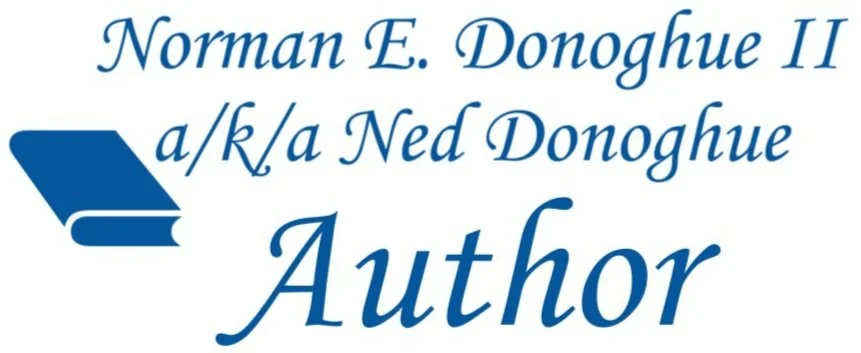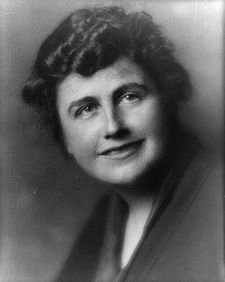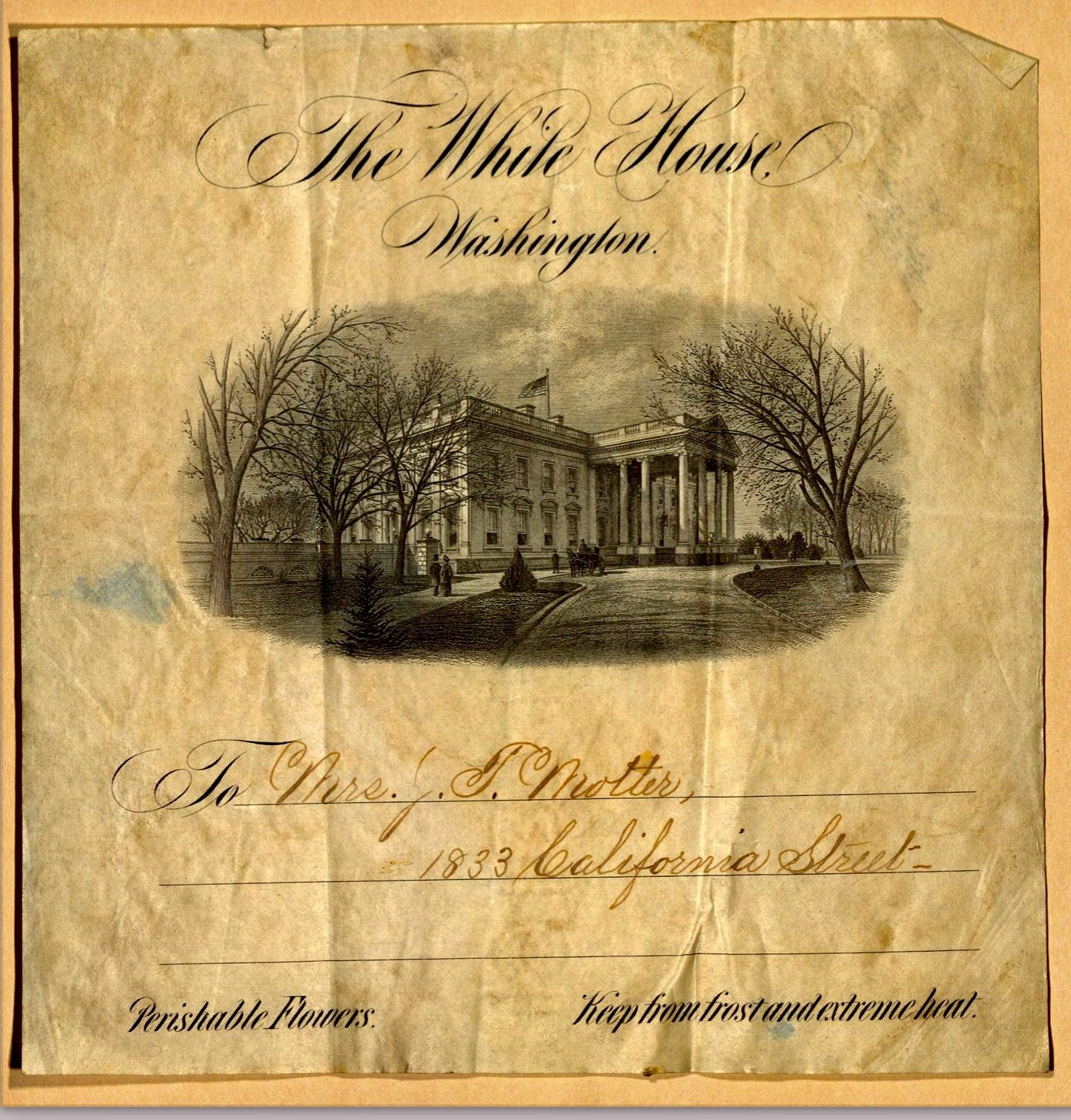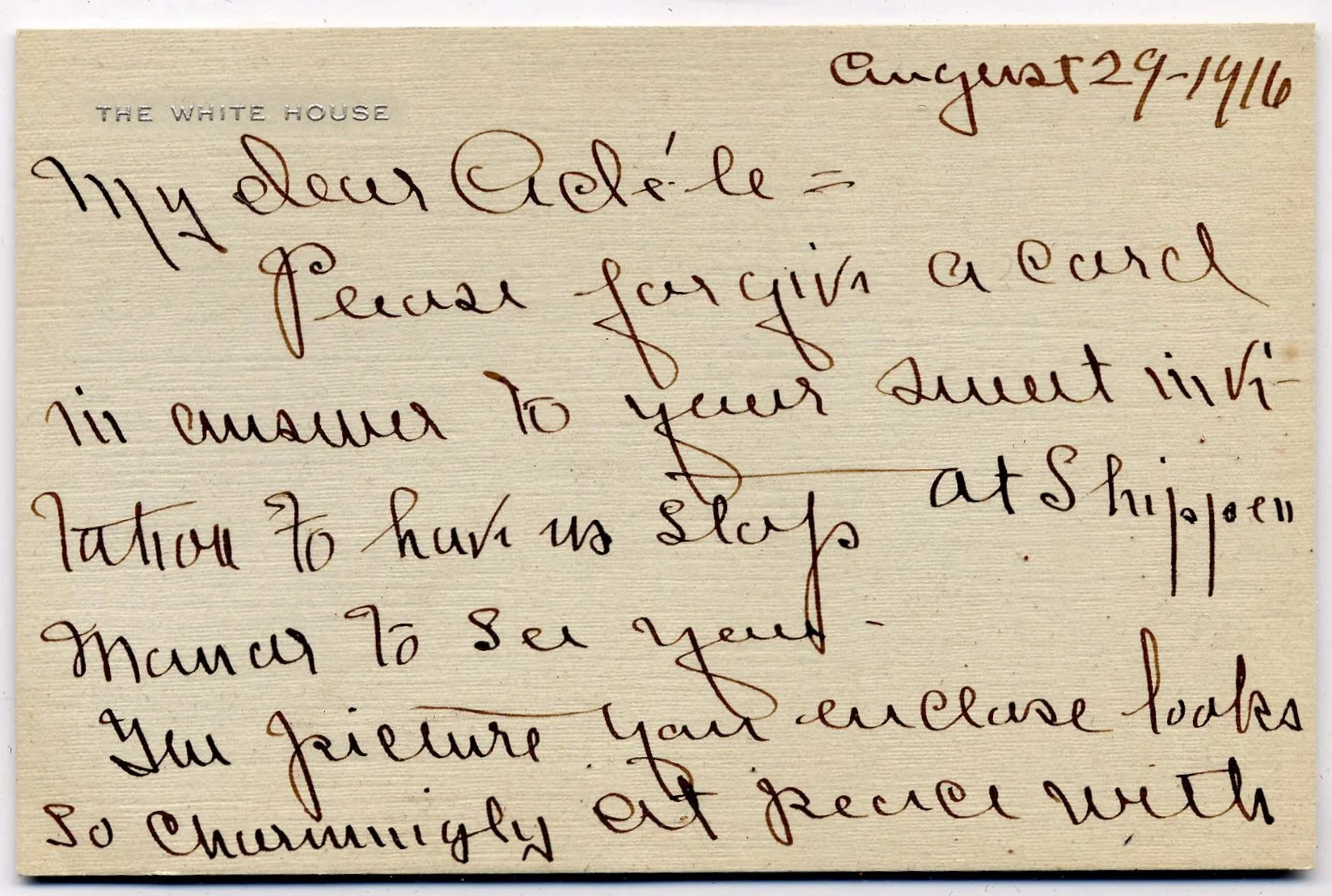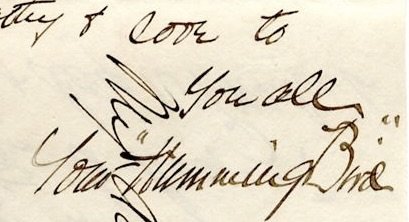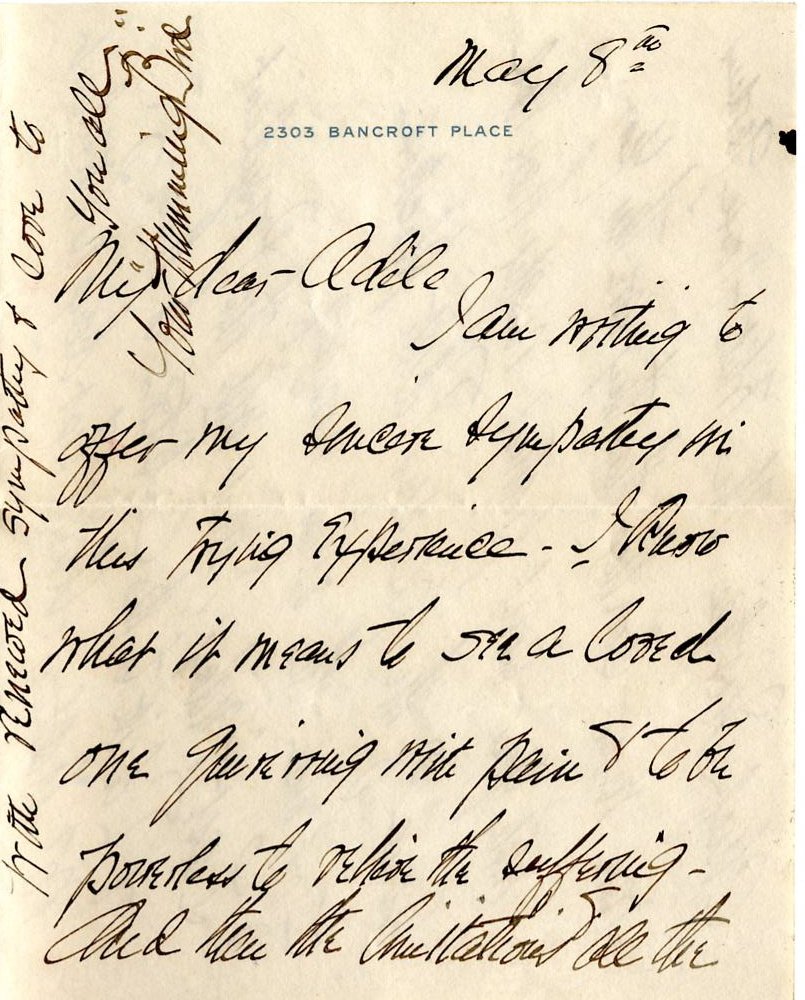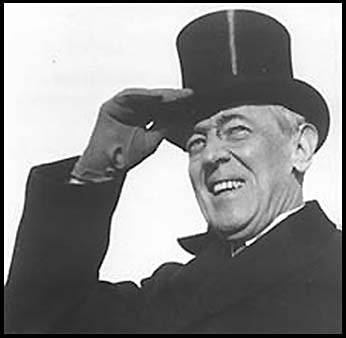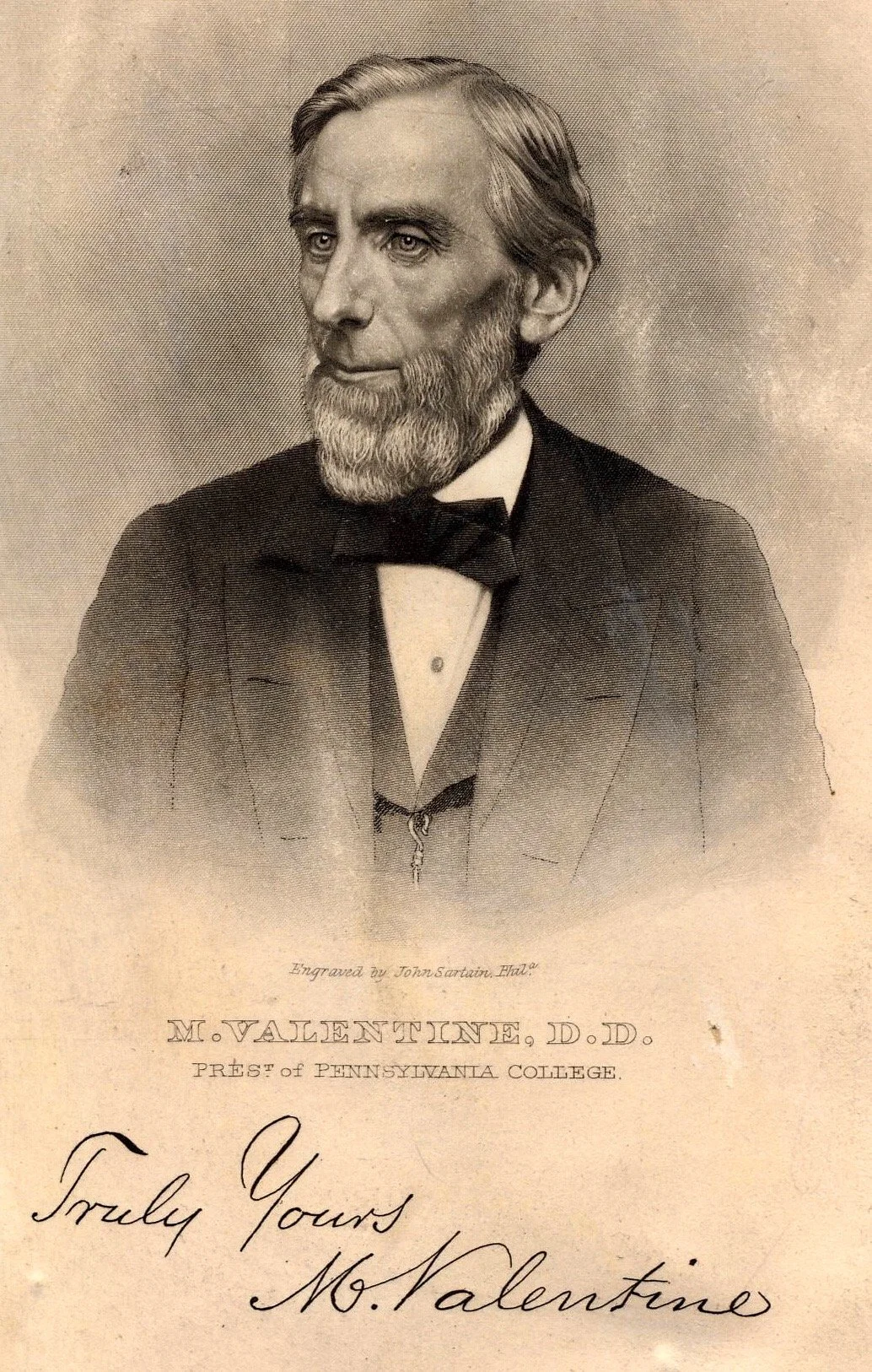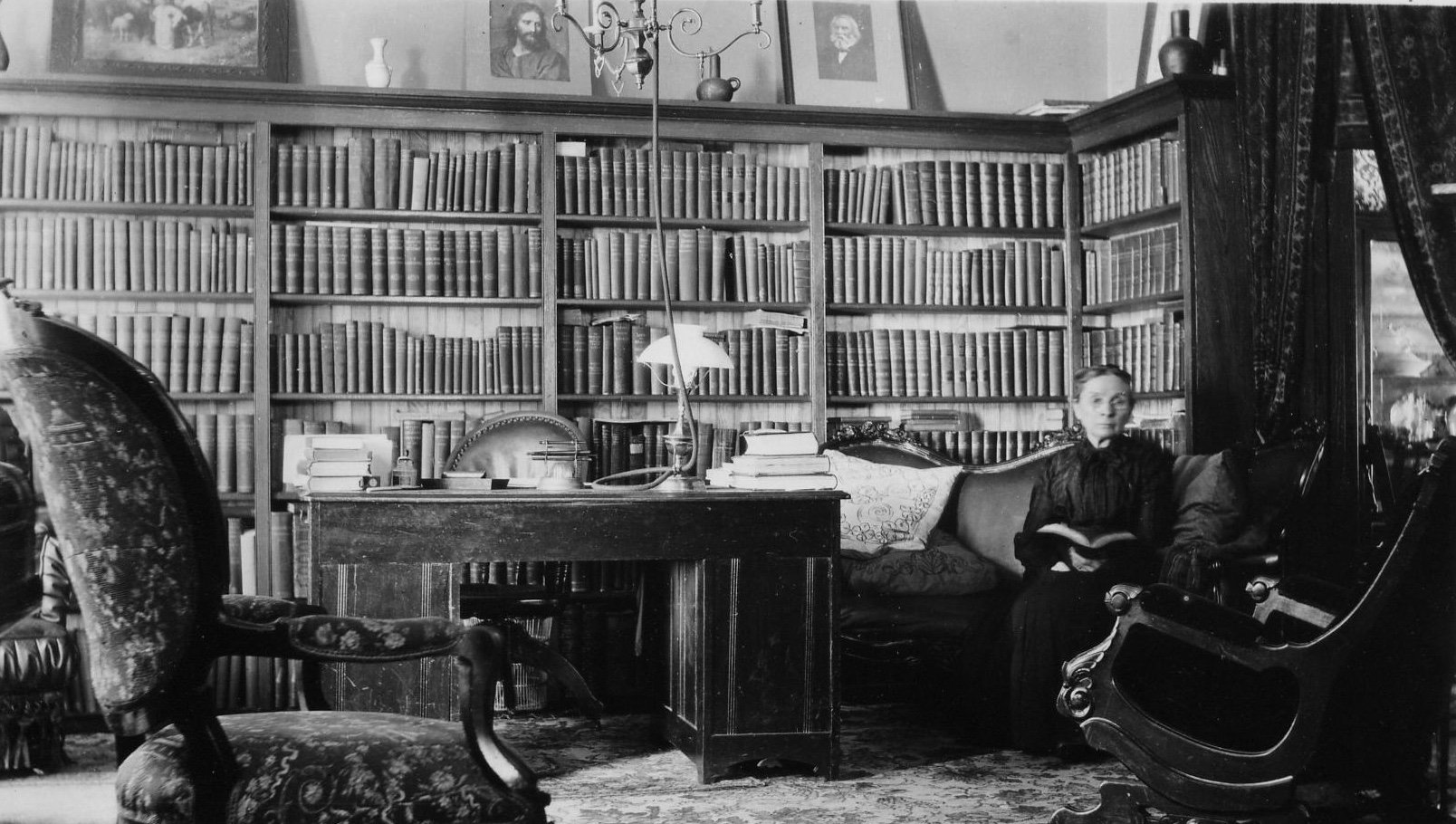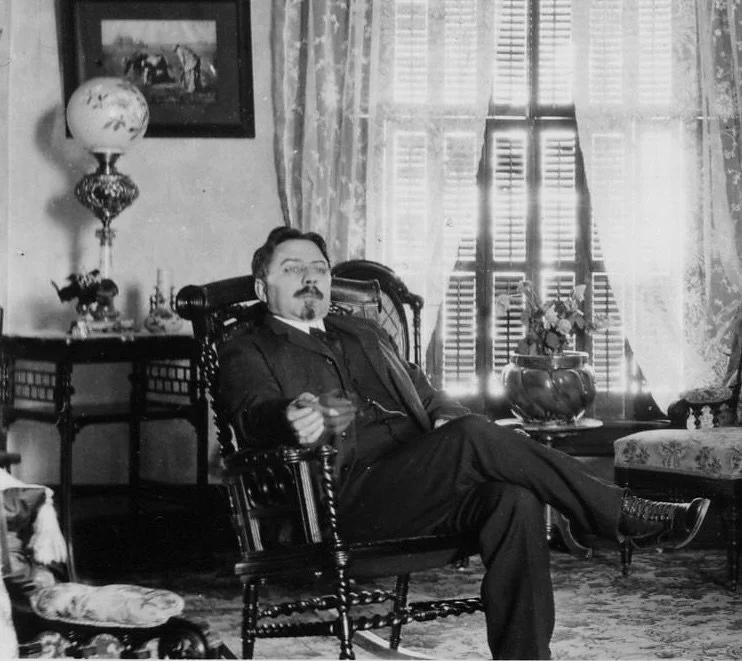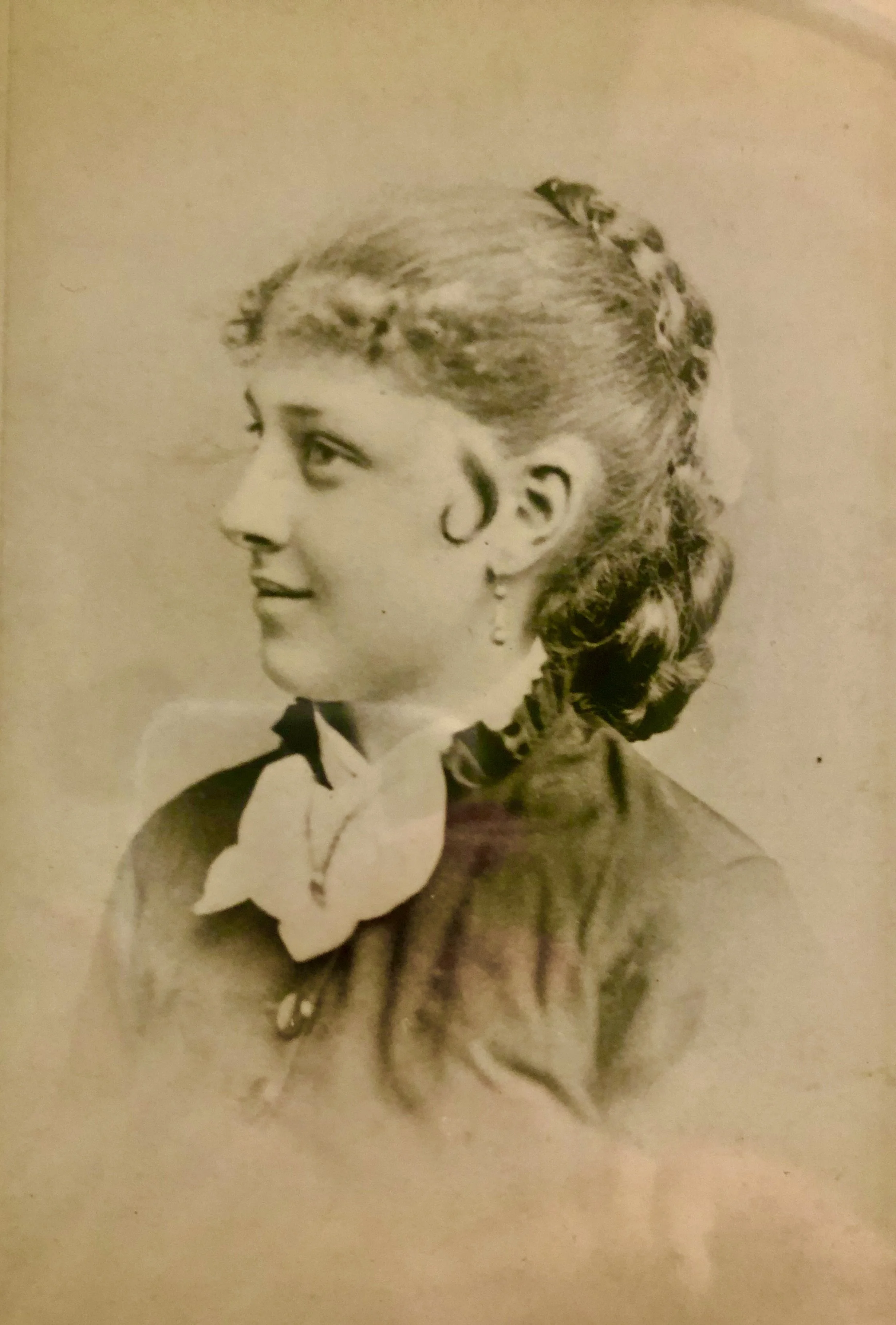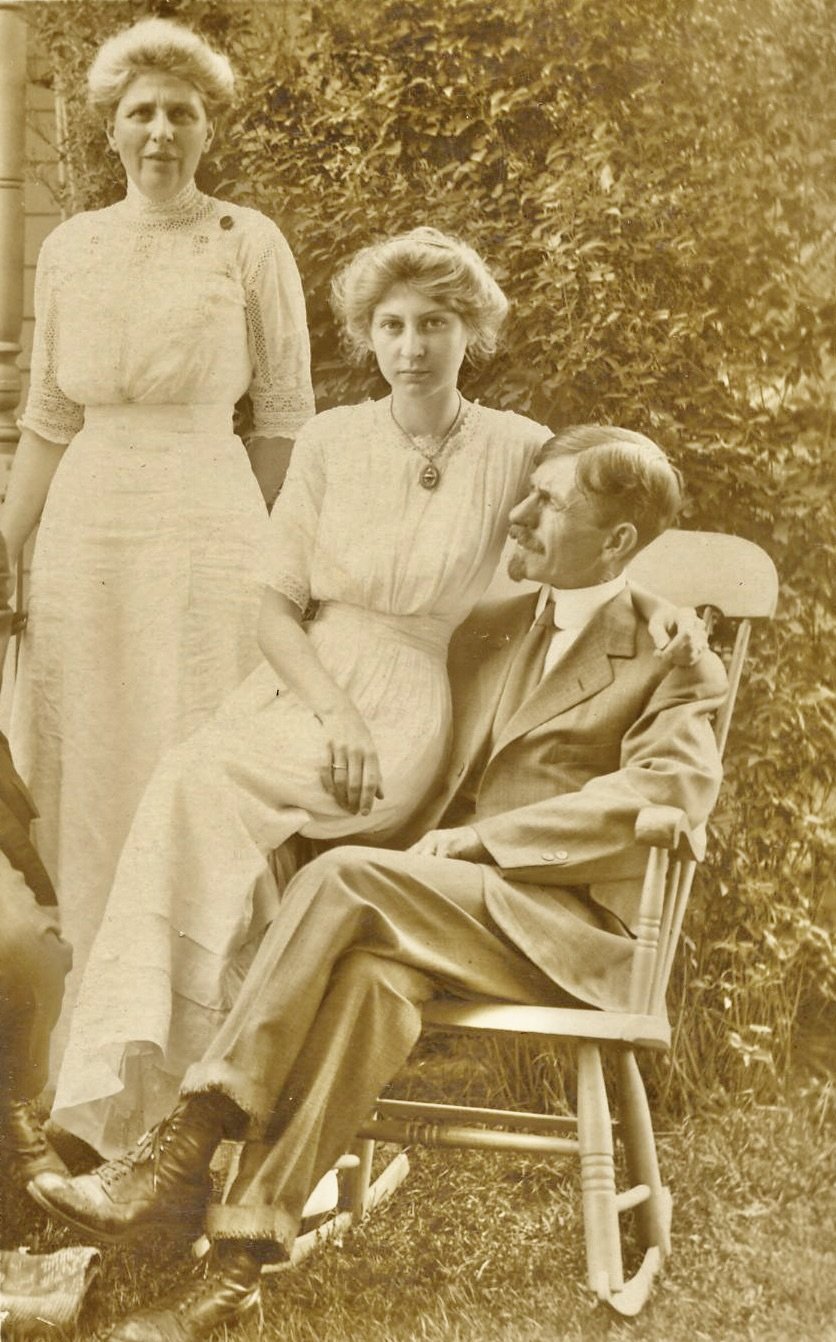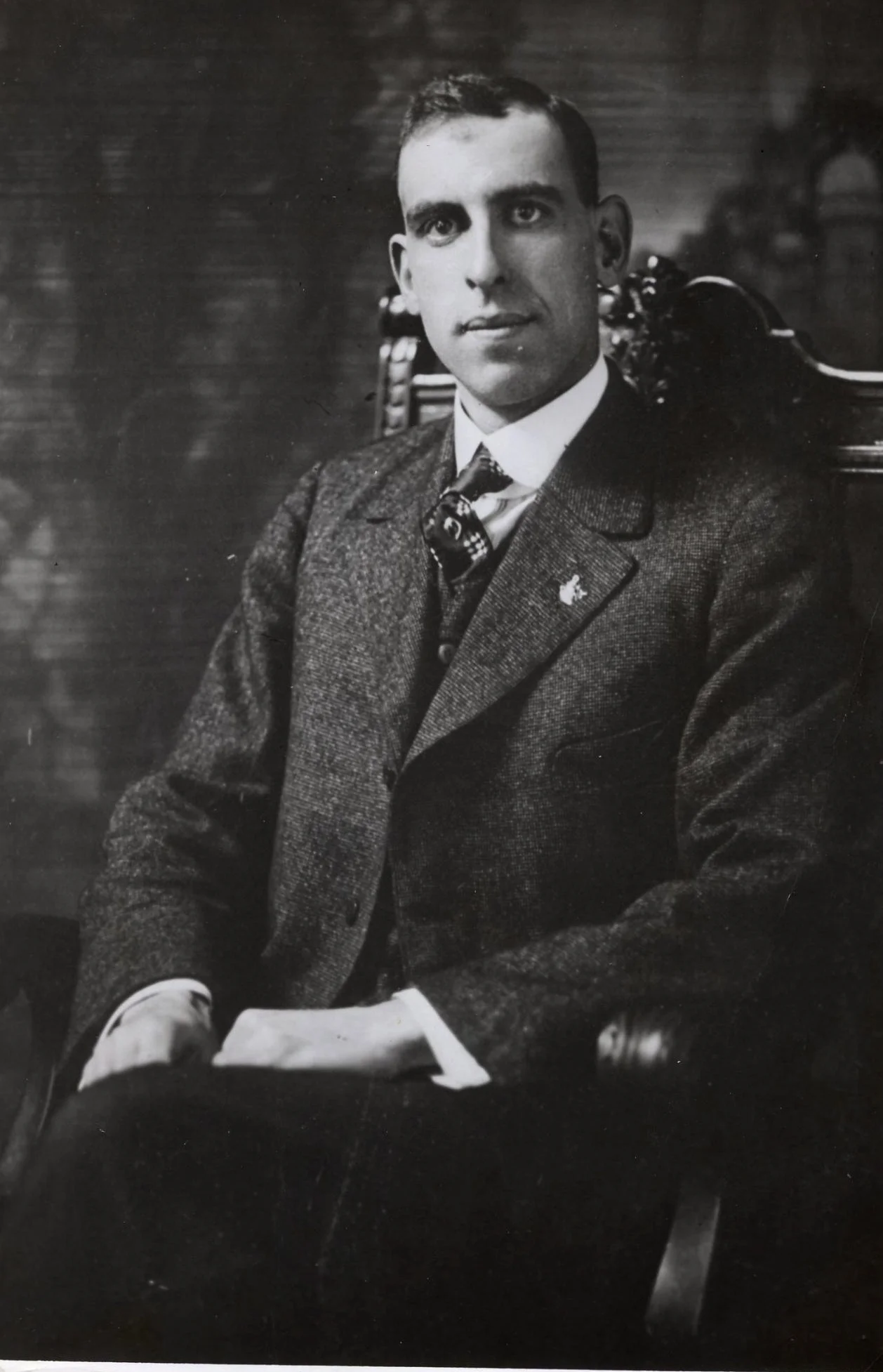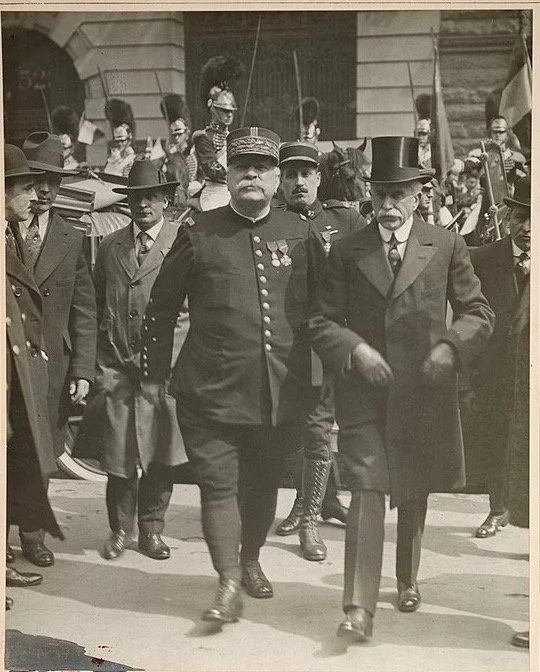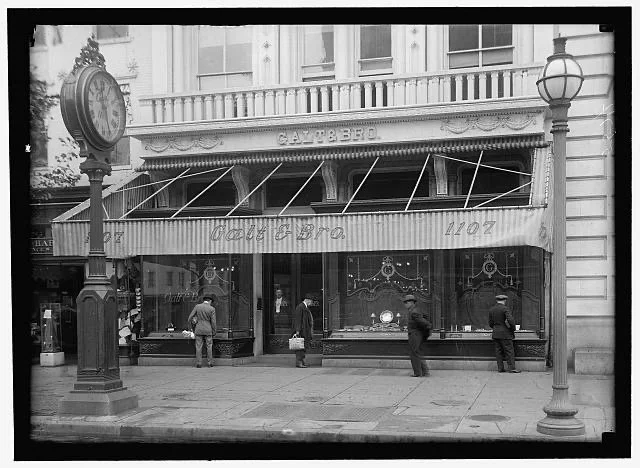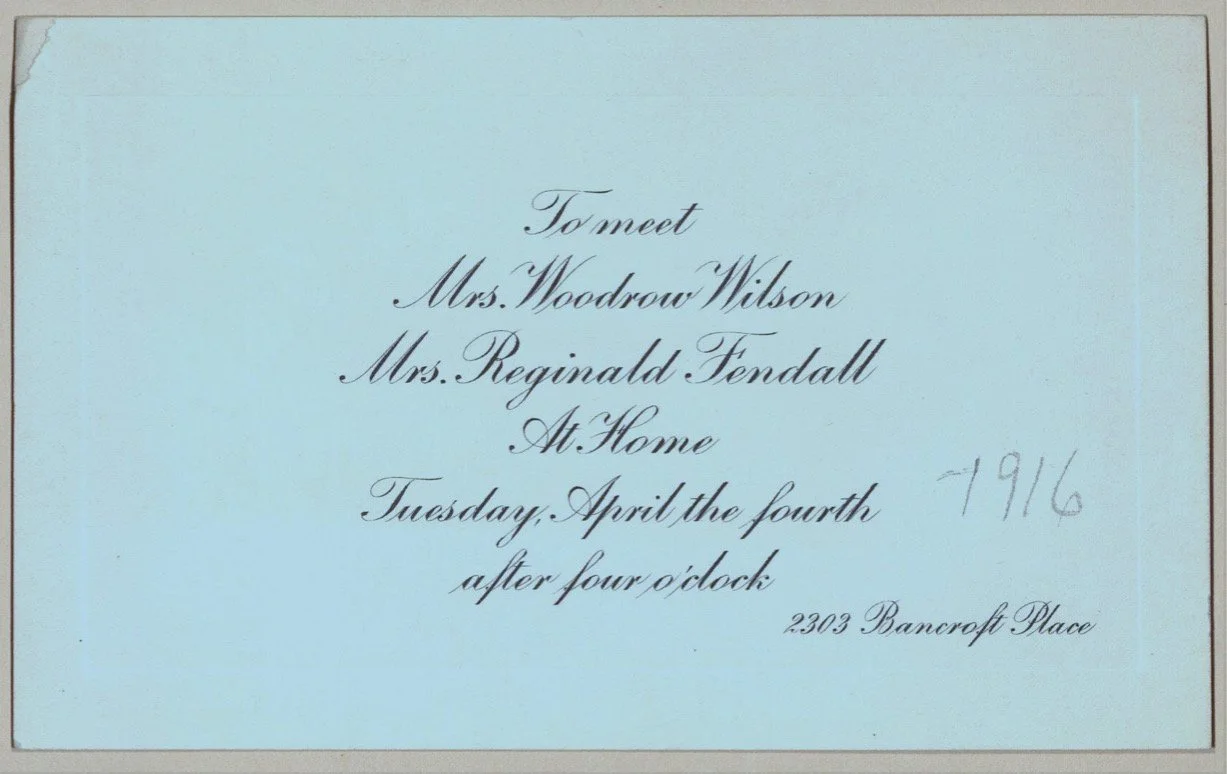“Cousin” Edith’s Marriage to President Woodrow Wilson
Once a Prized Relation, Now an Historical Pariah in a Remarkable Family Brought to Light
Donoghue has created a remarkable, heavily researched memoir of some people surrounding 28th President of the United States Woodrow Wilson and his second wife Edith Bolling Galt Wilson, both natives of Virginia and supporters of The Lost Cause. They courted and married relatively under the radar in a whirlwind love affair in 1915. He lived in the White House and she nearby in the Dupont Circle neighborhood of the District of Columbia. Their wedding took place in her home, not in his.
While presenting a nuanced portrait of the president and his second wife, the book focuses on aspects of their lives oddly absent from the most recent book on them, Untold Power, the Fascinating Life Rise and Complex Legacy of First Lady Edith Wilson (2023) by Rebecca Boggs Roberts.
Donoghue, for instance, focuses the reader on the story that Edith related to the President the first time they had a chance to converse. Edith tells us it was foundational to their relationship. It would not surprise you that it was one of a genre that existed then referred to as “darkey stories,” exaggerated stories that mocked Black people’s supposed ignorance and laziness.
Donoghue also explores the couple’s joint support for one of the most notorious White Supremacists of his time, Secretary of the Navy Josephus Daniels, who served as Wilson’s close confidante and cabinet member for the entire two terms. He does this by exposing the layered nature of a photograph that the Wilsons autographed and presented to the Galt-Valentines— Donoghue’s mother’s ancestors, a Northern family residing mostly in Gettysburg, Pennsylvania, a remarkable family who Donoghue discovers in depth for the first time and brings to life.
This book explores how the Wilsons’ lives were entwined with Donoghue’s mother’s mother’s family— and how he discovered the connections and implications of that. The Galt-Valentines were mostly academics and family-oriented professionals, apolitical community-minded, upper middle-class people in small towns. They mostly cherished the relationship with Mrs. Wilson, married to a nephew of his great-great-grandmother, Maggie Galt Valentine, twenty years before she ever met the president. The author’s third cousin, twice removed, Norman Galt was Edith’s first husband. When her 1915 engagement to the president was announced, they were glad for her new-found happiness in high places and reached out in affectionate correspondence. What they likely did not know about the Wilsons’ racist proclivities, Donoghue only discovered through deep research and the passage of time, helped in part by Black Lives Matter and the national reckoning that occurred after the murder of George Floyd.
Join us for an example of the outing of a once-prized relative now an historical pariah hanging onto the family tree only by virtue of her first marriage which ended with her husband’s early death.
“Cousin” Edith’s Marriage to President Woodrow Wilson
Once a Prized Relation, Now an Historical Pariah in a Remarkable Family Brought to Light
UPCOMING EVENTS
UPCOMING EVENTS
Month Day
DATA
